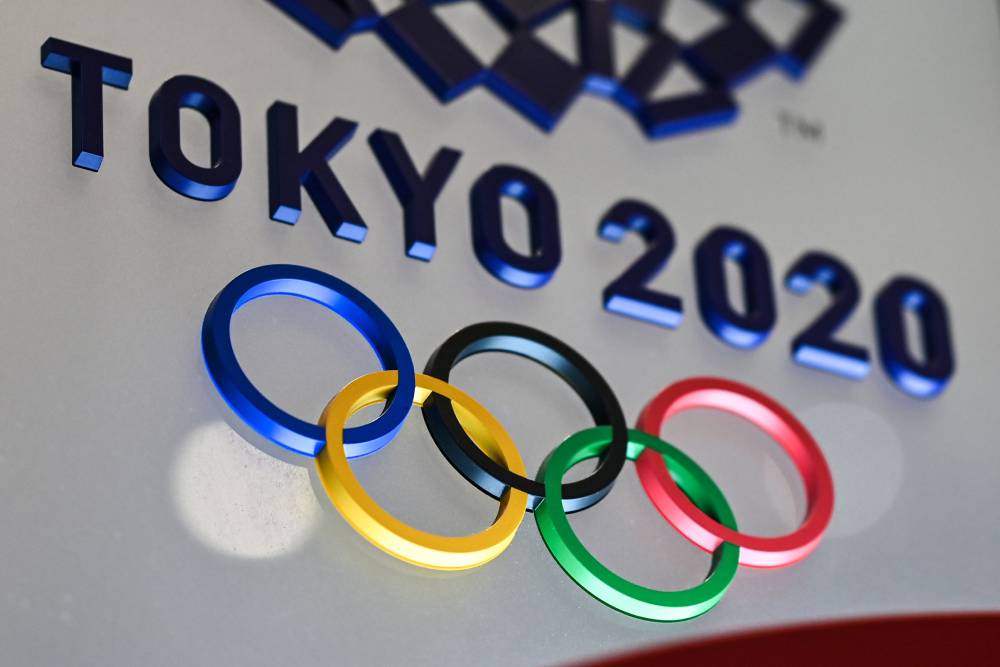No, the Olympics didn’t design anti-sex beds to stop athletes from hooking up

Megan Rapinoe is one of a record number of LGBT+ athletes going to the Tokyo Olympics. (Getty)
The rumour that Olympic athletes have been given “anti-sex” beds made of cardboard has been debunked.
Rumours started circulating over the weekend that Tokyo Olympics officials had designed flimsy cardboard beds for athletes that completely collapsed under the pressure of two (or more) people.
American 2016 silver medalist Paul Chelimo tweeted that the beds were an attempt to avoid “intimacy among athletes” – because, you know, there’s obviously no way the worlds’ fittest, most athletic folk could figure out how to have sex without a bed.
After the mythical beds quickly made headlines, Irish gymnast Rhys McClenaghan single-handedly debunked the idea that the beds would collapse under rigorous movement.
No, not like that.
“In today’s episode of fake news at the Olympic games, the beds that are meant to be anti-sex,” McClenaghan said, standing astride his bed in the Olympic Village.
“They are made out of cardboard, yes. They are meant to break under any sudden movements.”
“Anti-sex” beds at the Olympics pic.twitter.com/2jnFm6mKcB
— Rhys Mcclenaghan (@McClenaghanRhys) July 18, 2021
He proceeded to jump up and down on the cardboard bed, confirming: “It’s fake news”.
The video has garnered almost three million views and was retweeted by the official Olympics Twitter page, which thanked him for “debunking the myth”.
It added the “sustainable cardboard beds are sturdy”.
Thanks for debunking the myth.?You heard it first from @TeamIreland gymnast @McClenaghanRhys – the sustainable cardboard beds are sturdy! #Tokyo2020 https://t.co/lsXbQokGVE— Olympics (@Olympics) July 19, 2021
Though they aren’t designed to prevent sexual gymnastics, the cardboard beds are very much real.
They were planned long before the spread of COVID-19 as part of the Tokyo Olympics’ dedication to recycling.
The Associated Press reported in January 2020 that the beds can “stand up to 200 kilograms” (about 440 pounds or 34 stone, 6 pounds) and are “stronger than wooden beds”.

The Tokyo 2020 Olympics Games logo is seen in Tokyo on January 28, 2021. (Photo by CHARLY TRIBALLEAU/AFP via Getty Images)
Tokyo Olympics handing out 150,000 condoms to athletes
Condoms have been given to Olympic Games participants since the 1988 Seoul Olympics – a move designed to encourage safer sex and raise awareness of HIV and AIDS.
Officials handed out a record number of condoms during the Rio Games in 2016. The Guardian reported Rio Summer Games officials supplied 450,000 condoms – roughly 43 per athlete – for the games.
According to Reuters, Tokyo organisers will keep up the tradition by handing out 150,000 condoms to athletes’ but will encourage athletes not to use them.
Instead, the organisers said they wanted the athletes to “take them back to their home countries to raise awareness” of HIV and AIDS.

